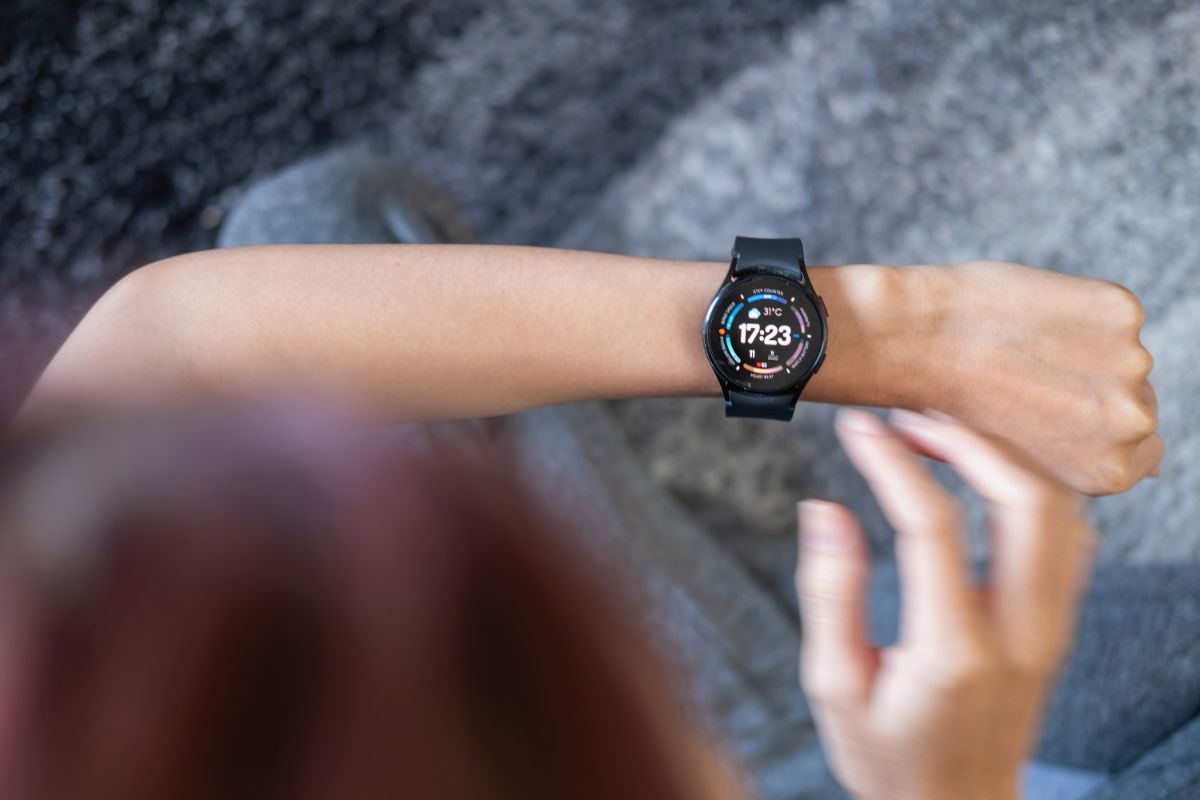As with sleep, there are apps and devices that gather physiological data related to emotional stress.
The accuracy and usefulness of this information is controversial. For example, many of these applications don’t account for exercise, which is a stressful physiological state, but is actually good for you.
Elation is associated with a high level of physiological arousal, but it isn’t a bad thing either.
Thus, tracking devices and apps can’t tell the difference between harmful, helpful, or inconsequential stressors, and no device can measure perceived stress.
While we think the future of health technology is strong, we don’t believe that biological measures of stress are very helpful at present.
The most measured metric for stress is heart rate variability (HRV). There is good evidence that HRV is correlated to the sympathetic nervous system—your fight or flight system—which can therefore give some insight into your stress state.
However, as with all these metrics, HRV fluctuates for reasons other than mental stress and there is a lot of individual variability.
Another area that is receiving attention is voice technology—tying vocal strength and intonation to emotional state. This technology is currently being used clinically for patients with existing mental health conditions.

